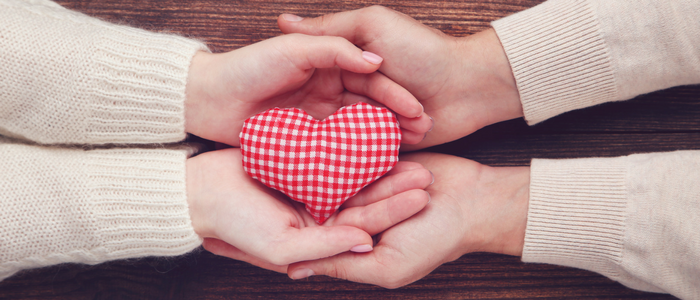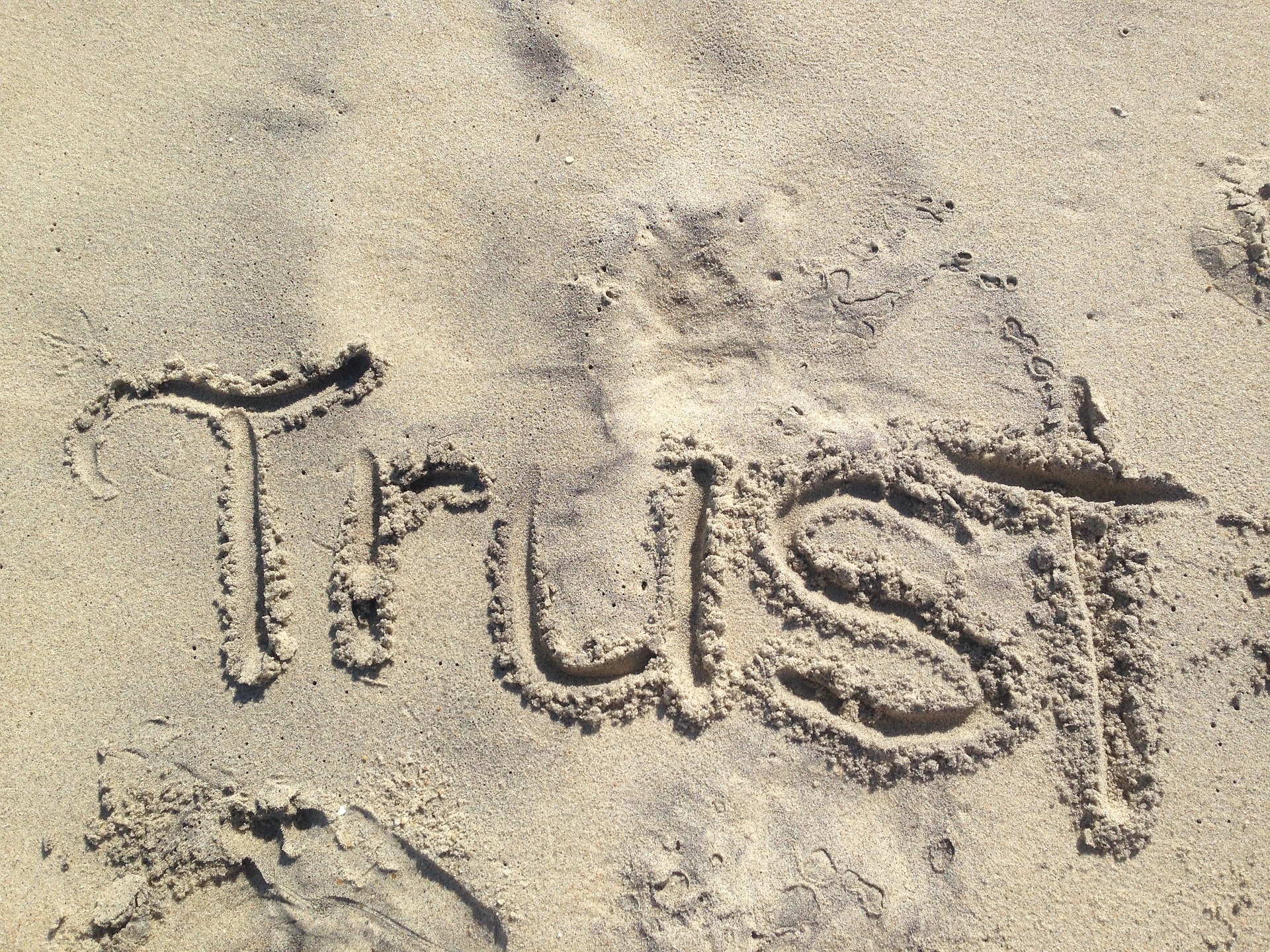How to Help Your Friend With Cancer
The New Year often has us all reflecting on our goals, strengths, weakness and overall quality of life. How to help your friend with cancer is as much of having a better life and making better choices is understanding relationships. There are numerous relationships over the course of our lifetime.
Many of them will remain strong and out stand the test of time, while others may flitter here and there. The types of relationships vary as much as there are people in the world. Childhood friendships, marital, parental, online, church, neighborly, social worker, caregiver, the list goes on.
After cancer, relationships are cherished deeply and for many survivors they are the lifeline that keeps them moving forward.
Many have asked, “What can I do for you?” I love this open ended question only because I can see what I now need after the cancer treatments and look back at it all. After the shock, indecisions, helplessness and fear that first appears, remember that your friend is also experiencing these same feelings.
You may want to avoid her all together because of your own discomfort or fear. This is not a good idea. Avoidance rarely helps, if ever. So, what can you do for a friend who has cancer? A newly diagnosed patient will need different things compared to someone who has already gone through treatments.
Here are some reminders and actions from Colleen Dolan Fullbright, who wrote,
How to Help Your Friend with Cancer.
- Remember that no two people are alike. Everyone will experience cancer in their own way.
- DO NOT take anything personally at this time. Your friend needs YOU. Help in ways that best fits your ability and strength.
- Be honest about your feelings when it’s appropriate. Preface the comments with, “Would you like to know what I am feeling?” “It may or may not help, but I want to be here for you for the long run and I need to be honest with you.”
- Go easy on yourself. Your words may be clumsy or awkward at times and that is okay. Continue to be motivated by your love and kindness.
- Let her talk and you listen. Simple, yes. However, it is extremely powerful.
- Be genuine. You are a true friend that wants the best for her and it already shows because you are reading this, but remember that genuine help does not come from self-fulfilling actions. It will be feel awful all around.
- Be calm. It’s okay to freak out- just don’t do it in front of her.
- Offer to help and don’t stop with the initial offer. You friend may think she can manage at the moment and decline, but as it all settles and treatment begins, she may need to take you up on that offer.
- Be specific in your offer to help. Say, “ I would like to do this,_____________.” It was challenging for me to “let my friend know”. It seemed awkward to ask for specific help.
- Find reliable information with a good source, if asked. . Please do not spit out random statistics or facebook quotes. When you share information, be cautious on your search and intentional. It can be very detrimental to the emotional health of the cancer patient to overwhelm her with unnecessary and wrong sources or advice.
- Preface your intentions beforehand. What I mean is to be clear and honest with your ways of helping. If you are not sure if something would be helpful, ask first and explain your reasons behind it.
- Keep the faith and encourage a practice. I heavily relied on my faith during that time, and I believe that it brought me closer to my spirituality. If you are comfortable with sharing your faith, I would highly encourage an open dialogue.
- Offer to go to appointments and take notes. YES! The apprehension, the fear and anxiety of those medical meetings can be so overwhelming that the she may not be able to listen or be present. A good encouraging note taker would be so helpful!
- Be the friend that you would need at this time. It always helps to be compassionate and operate with empathy.
You are a true gem. If you are looking for resources to help you, or how to help your friend, I am sure you are a keeper! The cancer treatments will pass. The pain, the fear and the axieteies will lessen over time. Having a friend that will be there throughout the process is priceless. I hope that these suggestions have helped.
Blessings on your journey,




